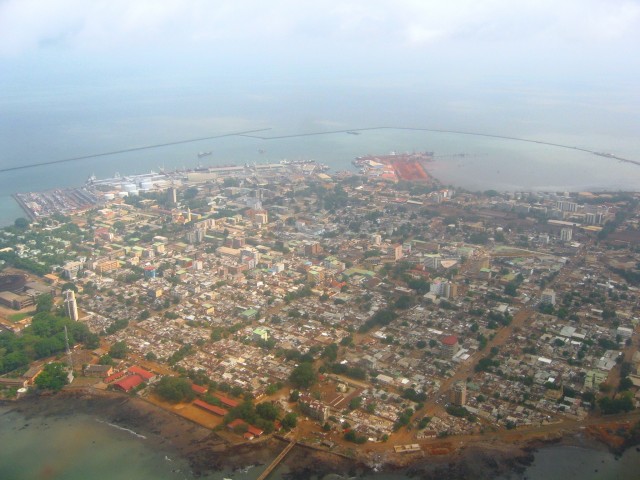Conakry
Conakry, capital of GUINEA, lies at the tip of the Kaloum Peninsula on the western coast of Africa. The surrounding land is swampy, and its climate is tropical. During the rainy season, about 144 inches of rain fall in five months. About 1 million people live in the city. In the 1200s and 1300s, Conakry was part of the Mali Empire, and descendants of Mali nobility, the Malinke, still live in Conakry. From the 1880s to the 1950s, the city—and the rest of Guinea—was ruled by French colonists. After Guinea won independence in 1958, residents of Conakry and the rest of the nation suffered under the radically anti-French leadership of President Sekou TOURE. The city grew extremely poor.
Since Toure's death in 1984, Conakry has experienced new life. Streets in the city's center are now paved and shaded with mango trees. Modern shops, nightclubs, and restaurants have appeared, and utilities such as electricity have become more reliable. Conakry's deep-water port services a lively export trade in bauxite, bananas, iron ore, and other products. The city is also home to Guinea's only international airport. Roads connect Conakry with IVORY COAST, MALI, and SENEGAL, and railways connect it to other Guinean cities, including Kankan, Fria, Boke, and Kamsar.
